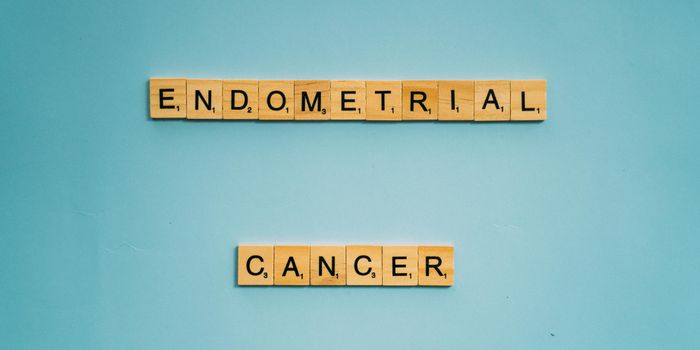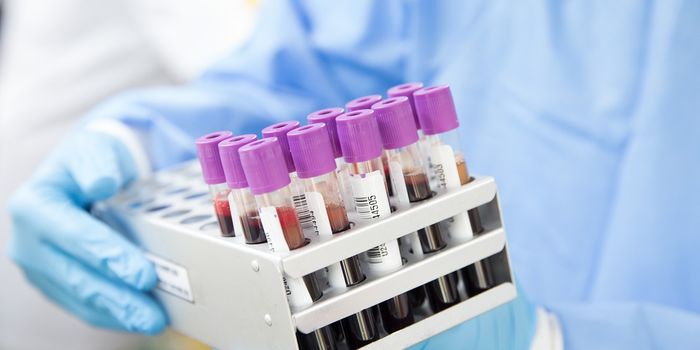Spicy Molecule May Stop Breast Cancer Growth
It seems that sometimes one health discovery could contradict another previous discovery. In the case with cancer biology, one substance could be deemed as a cancer-fighter in some experiment, while others report the same substance as being cancer-causing. In particular, capsaicin, the molecule that imbues chilies their spice, has been linked to a variety of other cancers, including stomach cancer. Yet, this same molecule was recently reported to be effective in stopping some breast cancer types.
Chili peppers are the spice of life in many Asian cuisines – from vindaloos, to curries, to kimchi, the spicier the better. The exquisite but painful burning sensation associated with chili peppers is due to the capsaicin molecules that are most concentrated in their seeds. Unfortunately, studies have shown that capsaicin molecules bind to a cellular receptor that’s involved in tumor growth, leading to increased cancer risks.
So how does a compound that antagonizes cancer cells have the opposite effect in breast cancer?
The researchers, led by Hanns Hatt from the Ruhr University in Bochum, Germany, focused on a specific type of breast cancer that expressed transient receptor potential (TRP) channels. In particular, the olfactory receptor TRPV1 has been linked to cancer progression. Interestingly, capsaicin and related molecules are able to bind to the TRP channels.
Thus, Hatt and his team tested the effects of capsaicin on breast cancer cells in culture. Exposure of capsaicin slowed the cancer cells’ growth and led to large swaths of cancer cell death. Furthermore, those cells that survived appeared to have lost the ability to migrate, suggesting that the capsaicin molecules could impede metastasis.
“If we could switch on the TRPV1 receptor with specific drugs, this might constitute a new treatment approach for this type of cancer," said Hatt. Since the receptor is an olfactory one, Hatt believes that exposure via simply food or smell may be effective.
If the capsaicin are indeed effective against breast cancer, it will be a valuable alternative treatment option for women who have triple-negative breast cancer – those that test negatively for HER2, estrogen and progesterone. This type of cancer is notorious for being resistant to current conventional therapies, and so having another treatment option would be huge for these women. However, more research is necessary, especially given the two faces of capsaicin when it comes to cancer biology.
Additional sources: EurekAlert!, MNT









